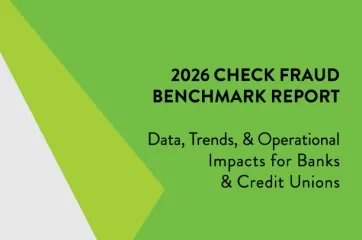Core Integration
Financial institutions rely on core banking systems to perform a variety of transactional functions and store important account and general ledger information, including customer or member data, loan balances, payment due dates, and much more. Enabling a “core integration” typically involves connecting an additional application that enhances or complements the core system’s standard functionality.
Potential Benefits of Core Integration
Integrating an application to a financial institution’s core banking system can lead to additional efficiencies.
Automating manual processes: Software developers commonly design their systems to automate the flow of data. Integrated applications may be able to receive and, in some cases, send data to the bank or credit union’s core. For example, some document preparation systems rely on bi-directional data flows to support the lending process.
Reducing administrative work: Automatically passing data from the core to integrated applications reduces reliance on manual data entry and enables staff to focus on other priorities at the financial institution.
Avoiding data entry errors: Less manual data entry can mean fewer oversights and greater trust in the data that resides in connected operational systems.
Ensuring data is kept up to date: Some core-integrated applications support nightly data updates, while others rely on closer to real-time processes. Regular data refreshes help to mitigate discrepancies between the core and integrated systems, ultimately helping staff confidently perform their jobs.
Technologies Used to Support Core Integration
Core integration techniques vary among software vendors. One common approach involves the use of APIs (application programming interfaces), which can streamline application integration while balancing the need for control. Natively integrated applications to the core often rely on API technology.
Another approach involves interfacing via report writers that generate data extracts, which are loaded into other systems. For example, AccuAccount ingests nightly batch file data from core report writers to keep things up to date. Yesterday’s booked loan data in the core would appear today in AccuAccount, opening up opportunities to automate document statuses and exception workflows.
Additional Technology Resources for Financial Institutions
Browse Alogent’s Innovation Hub for links to dozens of helpful banking definitions, industry papers, blog posts, videos, and much more.







